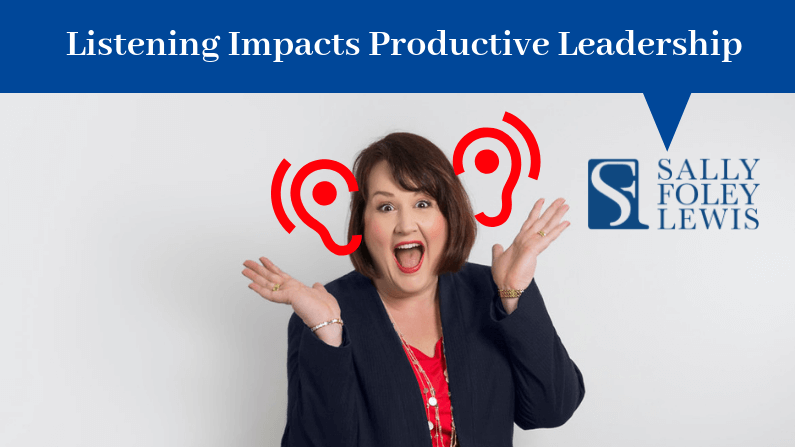Him: “He heard you or he hurt you? I didn’t quite get what you said.”
Me: “He heard me.”
It’s interesting how similar these two words sound. When we are not heard we often feel hurt!
Many years ago, whilst living in Germany, I struggled to be understood at times, (English being my first language). In a conversation with a friend, who graciously spoke English with me, asked how I was coping with the different language and culture. I felt safe enough to say, “It was tough at times and sometimes I just wish I could be heard”. My friend replied with great concern, “Why are you hurt?”
Upon reflection, the connection between wanting to be heard and my friend hearing ‘hurt’ was powerful. I was feeling pain because I wasn’t heard.
Language aside, listening takes a lot of energy when we have so many other distractors vying for our attention. It can be hard to step up and listen when we may feel as though we’re not heard.
Research (Hargie, 2011) shows that workers spend up to 55% of their workday listening and managers spend about 63% of their listening, why are we often left feeling undervalued, isolated and frustrated because we’ve not been heard. What are they listening for, how intently are they listening, why are the statistics so high when the results are not?
When we learn to communicate we learn to listen first and we use our baby ears to listen and learn but we are taught to speak, read and write first, rarely are we actually taught to listen.
Listening rates highly as one of the skills referred to as “21st century skills”. When self-regulated so that you listen for content, context and meaning you ensure a greater chance for:
The International Listening Association notes that,
As of the late 1990’s, 64% of organizations provided some sort of listening training for their employees because they find that employees’ listening skills are ineffective for today’s work environment (What Employers Teach, 1997).
While dated, it’d be fair to say that listening skills training is still a high priority for many organisations who identify development needs for their employees.
We hear what we want to hear and we often miss valuable information because we don’t observe and listen to what’s not being said. In Tony Salvador’s TEDtalk The Listening Bias he shares his insight from his experiences with other cultures, listening to their educators and observing their education systems:
This is a great example of listening intensely for content, context and meaning. At the heart of it all is the need for listening: listening opens the door to understanding.
How well do you listen?






